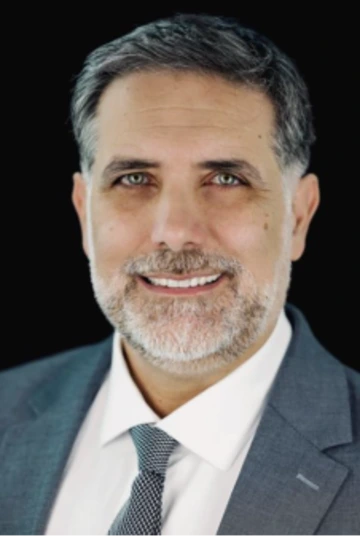When

Thursday, March 6, 2025 - 2:00 p.m. (MST)
Roberto Furfaro
Professor
Department of Systems and Industrial Engineering
University of Arizona
"Advancing Space Autonomy: Meta-Reinforcement Learning and Model-Driven Certification for Space Guidance, Navigation and Control"
ENGR 301

Abstract: The past decade has witnessed a surge in the application of deep learning techniques to a variety of domains, from computer vision and natural language processing to autonomous decision-making. The success of deep neural networks is largely driven by advancements in training methodologies, access to large-scale datasets and computational breakthroughs such as GPU acceleration. A fundamental question arises: How can these techniques be leveraged to enable autonomous and resilient space systems, particularly for Guidance, Navigation, and Control (GNC)? In this talk, we will present recent advancements in deep reinforcement learning (RL) and meta-reinforcement learning (meta-RL) for space applications, with a focus on planetary landing, close-proximity operations, asteroid interception and spacecraft rendezvous. Notably, we will discuss recent results comparing meta-RL against standard RL for planetary landing, demonstrating its superior ability to generalize across dynamic environmental uncertainties and actuator/sensor failures. Additionally, we will outline a novel approach for certification of learned policies using Sparse Identification of Nonlinear Dynamical Systems (SINDy), providing a pathway to rigorous verification and validation of AI-driven control systems. Finally, we will show how trained policies can be integrated with hazard-aware guidance to enable precise and adaptive landing in complex planetary terrains.
Bio: Roberto Furfaro is currently a professor in the Department of Systems and Industrial Engineering at the University of Arizona. He is also the deputy director of the Space, Security, Safety & Sustainability Center (S4C). He obtained a Laurea Degree (MS equivalent) in aeronautical engineering (1998, University of Rome “La Sapienza”) and a PhD in aerospace engineering (2004, University of Arizona). He has a broad range of expertise and research interests and has been working on a numerous and diverse projects including development of guidance navigation and control of planetary landers, systems engineering for close-proximity operations on small bodies, machine learning applications to space situational awareness and G&C for hypersonic vehicles. He has served as PI and Co-PI of numerous high-impact research and development grants from NASA, AFRL, Sandia National Labs and other DOD. He published more than 110 peer-reviewed journal papers and more than 20 conference papers and abstracts. He is currently technical member of the AIAA Astrodynamics Committee and the AAS Space Surveillance Committee as well as Associate Editor for IEEE Transactions on Aerospace and Electronic Systems. During phase B-D (2011-2016) of the OSIRIS REx Asteroid Sample Return Mission, he was the systems engineering lead for the Science Processing and Operations (SPOC). He is currently the Target Follow-up WG lead for the NASA NEO Surveyor Mission. For his contribution to the OSIRIS REx mission, the asteroid 2003 WX3 was renamed 133474 Roberto Furfaro. Recently, Prof. Furfaro has been elected the 2021 Da Vinci Fellow at the College of Engineering, University of Arizona. Additionally, Prof. Furfaro has been elected AIAA Associate Fellow, Class 2022 and AAS Fellow, Class 2021.
